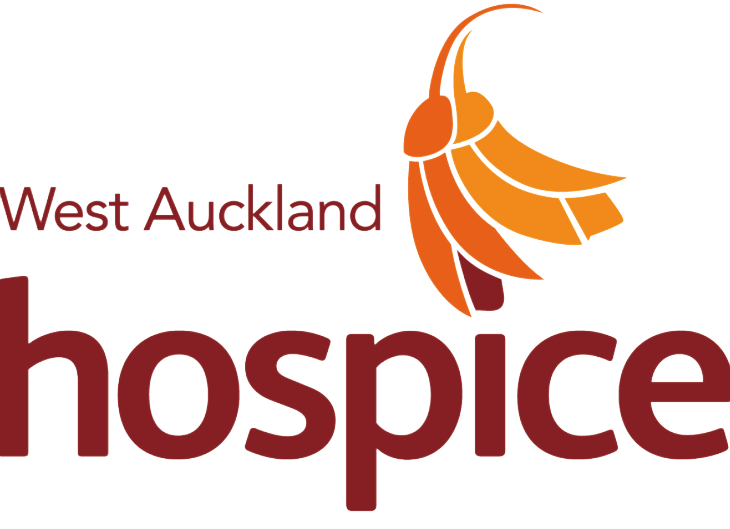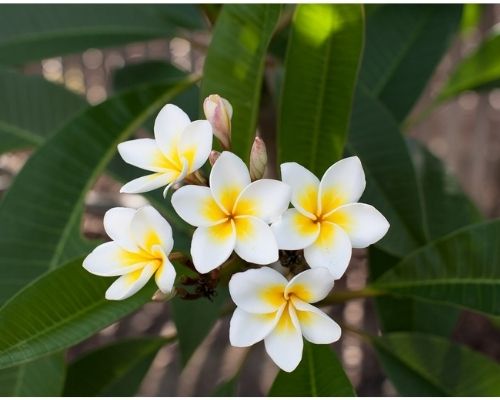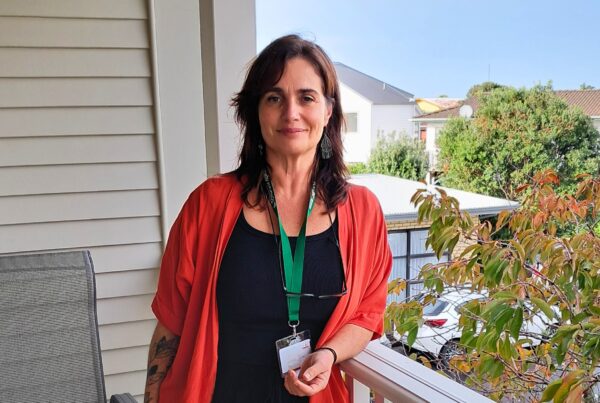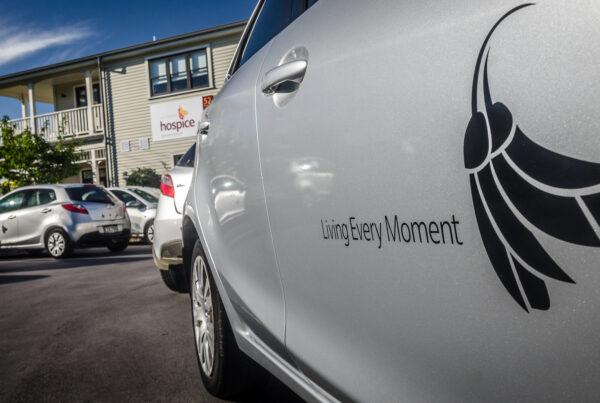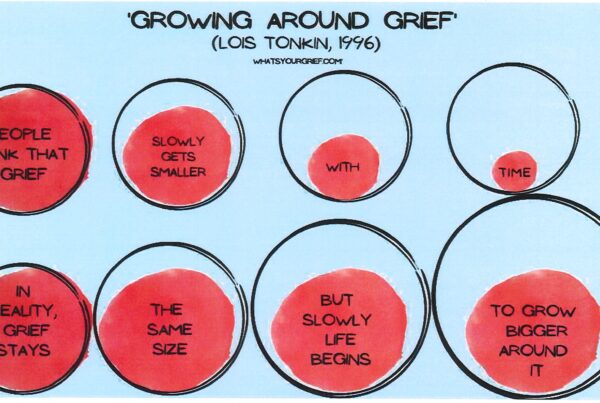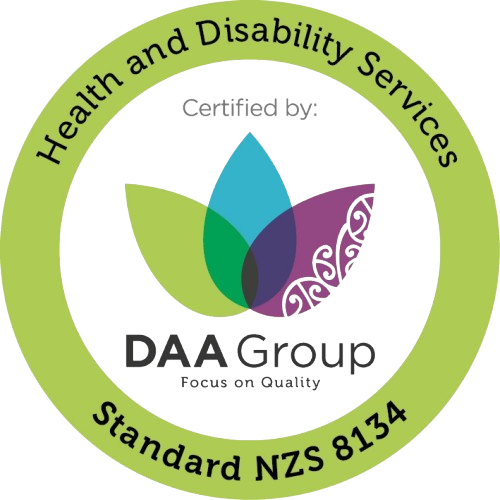This week we are celebrating I-Kiribati Language Week. We asked Linda, Hospice West Auckland’s Retail Operations and Logistics Manager, about her culture.
Q. Tell me about your I-Kiribati heritage
A. My father and grandfather are from I-Kiribati. My dad migrated to the neighbouring Cook Islands and he married a Cook Islands wife, so I have both I-Kiribati and Cook Island heritage. I speak a little of the language and I understand it. It’s a difficult language to master. It’s still part of my heritage and we keep in contact with our family members who still live on the island. Unfortunately it’s difficult to visit because we have to charter a plan from Fiji and there’s only about one flight per week that goes there.
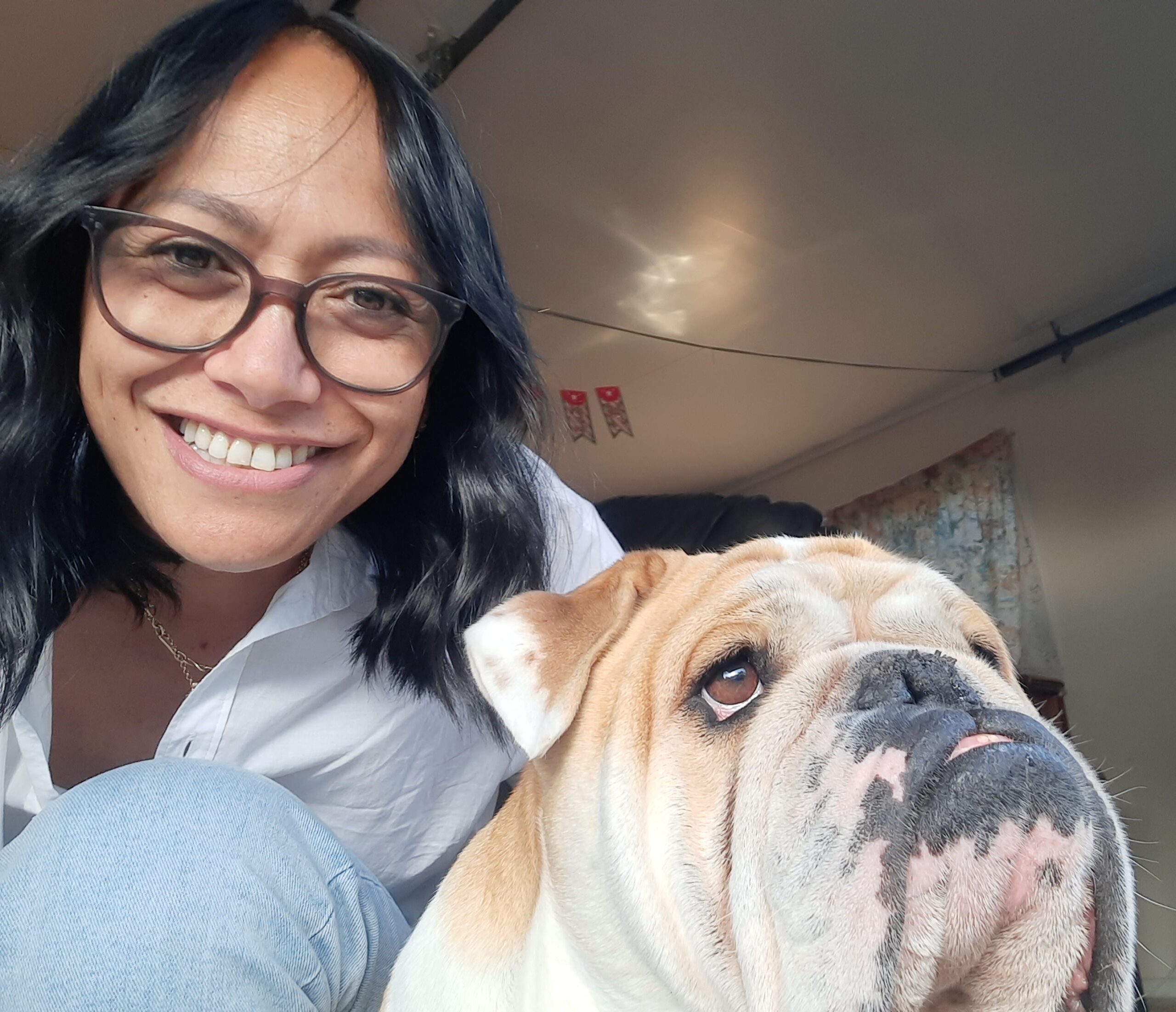
Q. What types of traditions or customs are important to I-Kiribati people?
A. I-Kiribati is an atoll which makes it difficult to grow a lot of produce, so food-wise everything is ocean-based. So we eat a lot of fish and coconut, and outside of that we rely heavily on cargo ships to bring supplies for us – including rice, which we eat a lot of. We brew our own version of kava by fermenting coconuts in barrels with sugar and yeast. It’s like a very potent kombucha.
Family’s really important, and family gatherings around food is something that the I-Kiribati community love doing. They love getting together a lot – it can be a weekly thing. Faith is also a big factor and there are a number of denominations in I-Kiribati.
Q. What changes are you aware of that are affecting the I-Kiribati culture?
A. Although there’s quite a bit of employment on the island, it’s suffering a big because they get the king tides that come in daily. Climate change is causing the majority of the island to be underwater, and people who are getting flooded regularly are emigrating to Fiji and the Cook Islands to find employment.
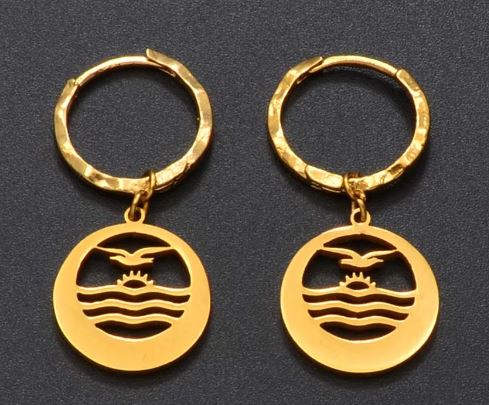
Q. What aspects of your I-Kiribati heritage are incorporated into your life today?
A. My parents have embedded into us the pride of identifying ourselves as I-Kiribati people. I don’t know where the tradition came from, but these are Kiribati earrings that we all have. Most I-Kiribati people have them, so when we see them, we know that they have a I-Kiribati heritage. We had a gathering last week with my dad’s family so we wore our jewellery to acknowledge and celebrate our heritage.
Q. Is there a big I-Kiribati demographic in West Auckland?
A. Yes, there’s a huge community in West Auckland of I-Kiribati people. I know quite a few and sometimes they buy me lunch, because food is how we show love and appreciation. I’ve come across a couple of customers in our retail shops that I’ve noticed wearing the traditional earrings and then we’d start talking about our heritage – it’s instant recognition.
